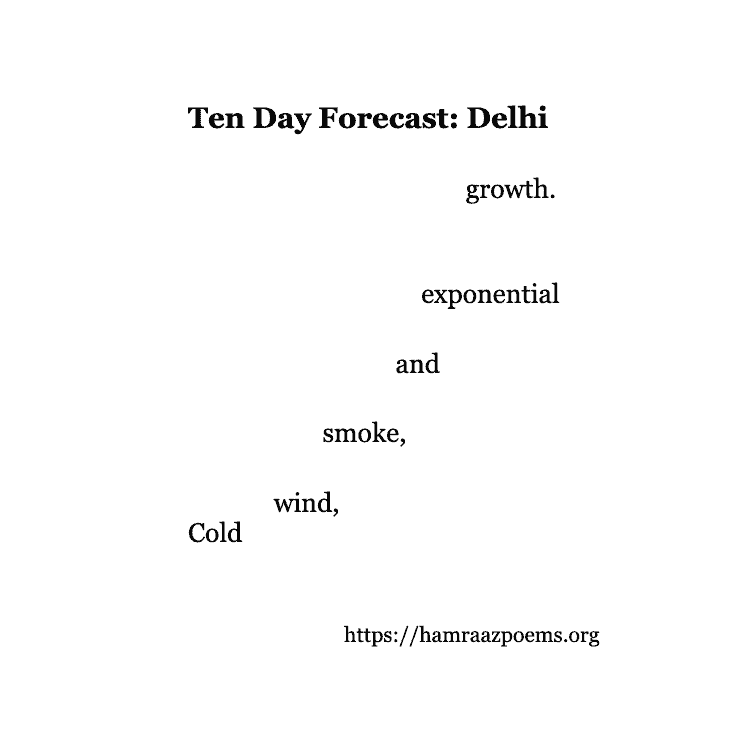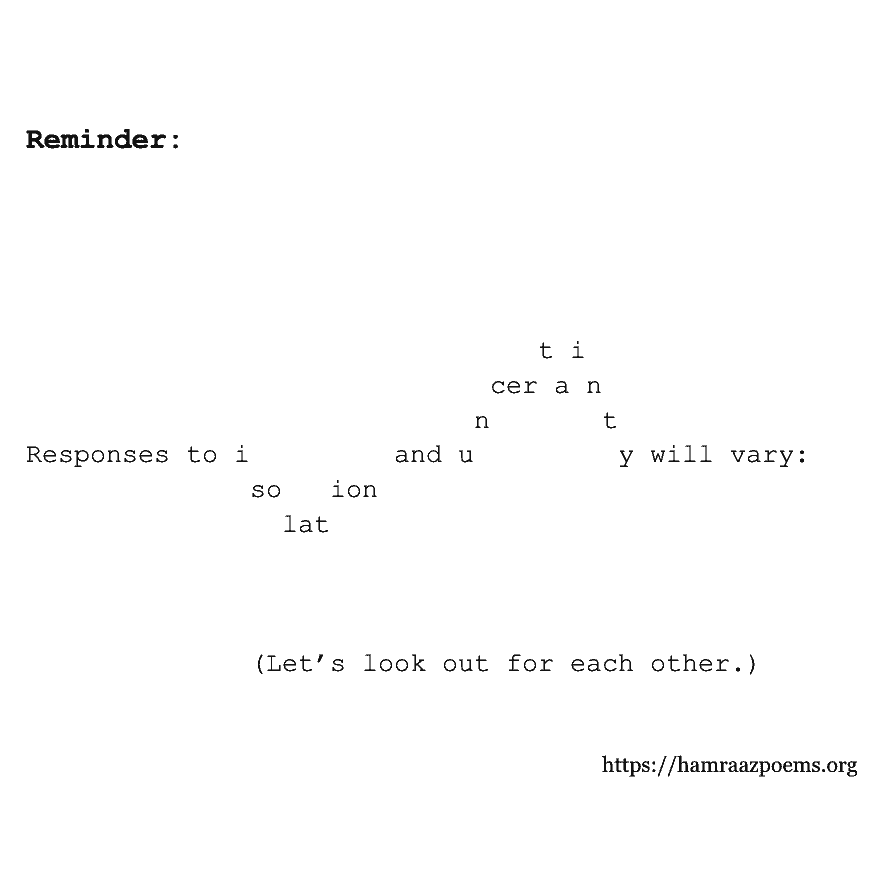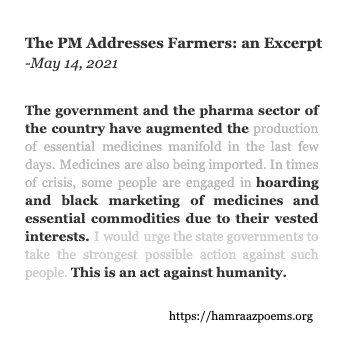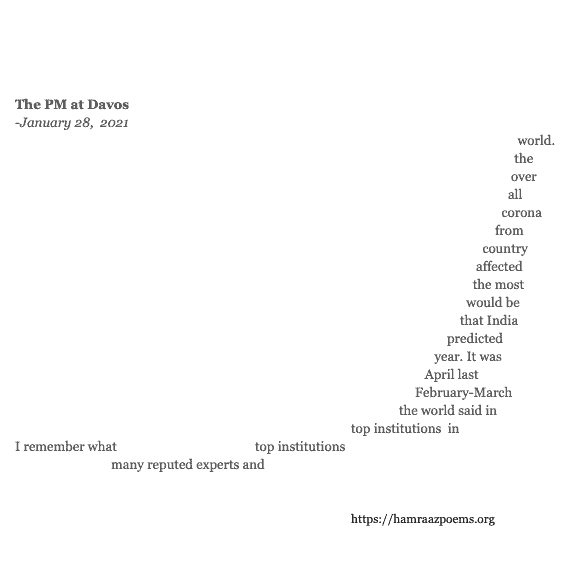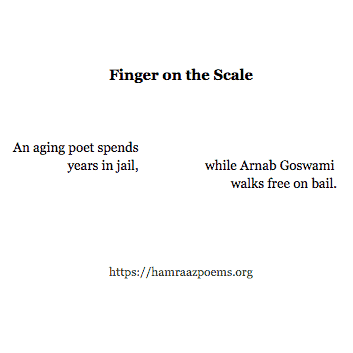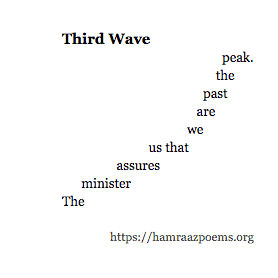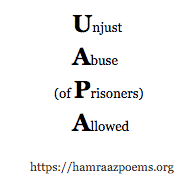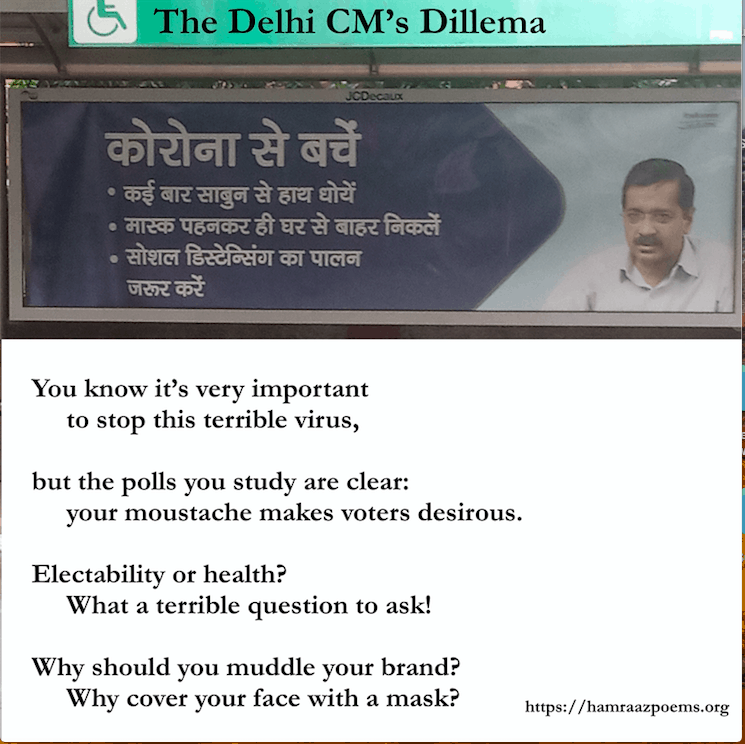I’ve been reading the Communist Manifesto, and also Wikipedia, and I think we have some things in common. We both want a world ‘in which the free development of each is the condition for the free development of all’ and where the first rule is, ‘From each according to his ability, to each according to his needs’.
Also, we’ve both used interesting names to avoid trouble from the authorities. (I noticed you signed your letters from London, ‘A. Williams’. May I please call you, Al?)
I confess I did not finish Capital, and I never even attempted the Grundrisse, but I can see you got a lot right about power and social relations. It’s true, your timing was off; the horizon wasn’t as close as any of us imagined. Who could have predicted refrigerators or automobiles and all the change they brought?
I know you and a lot of comrades really hoped we could just flip things, and many good people died trying. And I don’t think it’s fair to pin it all on Stalin—no doubt he was a sociopath, like most world leaders, but I think you’d agree that the system wasn’t as easy to seize as we thought, for practical and probably theoretical reasons that I don’t fully understand.
Listen, Comrade Al, the dhabas are closed, but I think you should meet me at the Mother Dairy by the main road; I’ll bring you a mask, and I’ll buy you a lassi or a tadka chach. I know a park nearby where the police rarely come. We’ll carry a shopping bag and find a bench under a tall tree that will shield us from the May Day sun.
You could explain what you meant by formal subsumption and clear up some questions I still have about the labour theory of value.
We’ll talk about the way pronouns are changing, and I’ll bring you a small stack of my favourite books—friend, you have a lot of catching up to do—Ambedkar, and maybe Paulo Freire and Why Loiter. But also poetry. I’ll see if I can find you something by Agha Shahid Ali, Kutty Revathi, Kolatkar, Safdar Hashmi and Sukirtharani. I’m guessing you’re a fast reader, and please don’t tell me you don’t have time for good poetry wherever it is you stay these days.
If you like Delhi, you can come back next year, once the lockdown is lifted. I’ll show you an AC train and we’ll visit Shaheen Bagh. And that bookstore up north in Shadipur, where they still lovingly hang a photo of you on their wall.
